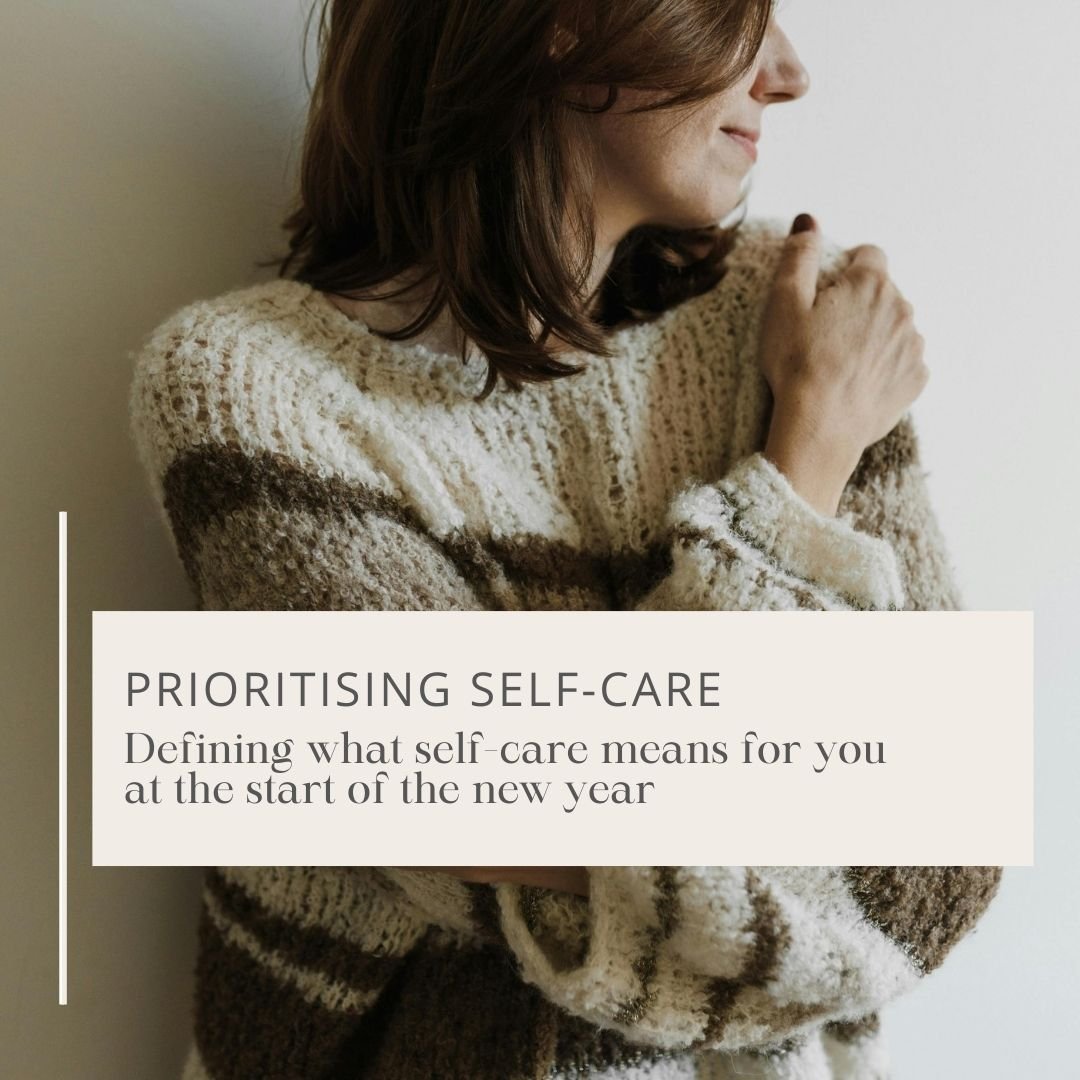Modern-day living has become a juggling act. When we have a lot of pressures, from workload to personal stresses, we mistake the feeling of being under stress for having energy. You run from early morning until late at night, turning yourself into an energiser bunny! In the microcosm of the world that is our body, it is not uncommon for us to exhaust our energetic and nutritional resources. Between holding down a job, maintaining relationships, and caring for a family, we can often negate the energy we earn from sleep, good food and good company. Our daily needs repeatedly outpace our daily intake of energy and the concept of a healthy lifestyle and self-care, or the meaning of, can go out the window.
Traditional Chinese Medicine (TCM) has been a lifestyle medicine for thousands of years. This means that it is composed of 80% lifestyle/self-care and 20% treatment. In this sense, lifestyle means the way you live every day, how you get up in the morning, what you eat and drink, how you move, what you think and believe in and much more. If there is illness, the illness is treated; if there is no illness, the body is strengthened. Prevention is therefore the main focus rather than waiting for dis-ease to occur. Health is not just the absence of disease, but a feeling of wholeness, resilience and vitality. In Chinese medicine, self-care is called Yang Sheng which directly translates as ‘nourish life’. Yang Sheng is the self-care part of Chinese medicine which means your self-care practices give you an amazing self-healing system/toolbox, it serves as your daily health maintenance. There is an ancient Chinese proverb: ‘
a drop of prevention is better than a bucketload of cure’.
Nurturing our bodies and our health a little every day is key to a year-round health and well-being system.
WHAT DOES SELF-CARE REALLY MEAN?
There is a misconception that self-care just means warm baths and massages. Self-care encompasses anything that you do for yourself to support your physical, emotional, and spiritual health and well-being, it acts as daily health maintenance. A western approach can often be focused on treating disease when it arises, but in China, the mentality is that if you fall sick it is a failure of your Yang Sheng, your daily health maintenance. Basically, your self-care practices should aim to rebalance and resolve all the little niggles that later on can become a health problem/disease.
We can, at times, follow others’ lead in terms of their self-care rituals but meaningful self-care routines mean taking a moment and tuning into yourself and figuring out what serves you and your health the best, taking into account where your life is at that point. To a busy working mom having a coffee in a cafe by herself might mean self-care but for another, it might be attending her Monday night yoga class to start the week in the best way.
We all have different needs so take a moment and figure out yours. This approach offers you your own timeless and evolving daily preventative health toolbox, it can be very empowering. Yang Sheng is a concept from ancient China from 5,000 years ago and remains just as relevant today - they really do have it all figured out.
HOW CAN YOU BEST INCORPORATE SELF-CARE INTO YOUR LIFE?
Start small and work your way up. People who succeed have momentum. The more they succeed, the more they want to succeed, and the more they find a way to succeed. Similarly, when someone is failing, the tendency is to get on a downward spiral that can even become a self-fulfilling prophecy.
Therefore we always invite our clients to choose 4 things (or even less) that they would like to incorporate into their life. It is not limited to 4 but it is important to keep it manageable and small, and build your way up. One self-care practice might simply be to get up 10 minutes earlier and do a 5-minute meditation or practice gratitude. Once these 4 things become part of your habit, lifestyle or mindset (like brushing your teeth, you wouldn’t dream of not brushing your teeth) - repeat this exercise again. This might be in a month or 6 months’ time. The important aspect is, that you are able to maintain these changes and set yourself up for continued success.
A common trap we can fall into with a modern mindset of doing too much, when it comes to self-care less is more but practicing it mindfully and continuing is the key.
WHAT ARE THE POSITIVE IMPACTS THAT THESE SELF-CARE STEPS CAN HAVE ON YOUR LIFE?
The positive impacts are endless, from your energy, sleep, digestion, hormonal health, emotional well-being and the list goes on. It can sometimes be hard to see the true benefit because you are preventing imbalances every day that would have happened if not for your self-care practices. For example, a simple 1-minute gua sha routine to release tension in the face and jaw can help to prevent headaches, migraines, dental issues and TMJ problems, etc. Like I said at the beginning it is so important for each individual to reflect and decide what self-care practices suit them best and their life, at that particular time. If someone is going through a really stressful time at work or in their personal life, a 5-minute meditation practice can help you manage your stress and in turn make better decisions, improve relationships. These knock-on effects are worth their weight in gold. Self-care can sometimes be viewed as ‘selfish’ but actually, the effect of you practicing good self-care practices ripples out to your family, children, colleagues - you can’t get more positive than that.
























